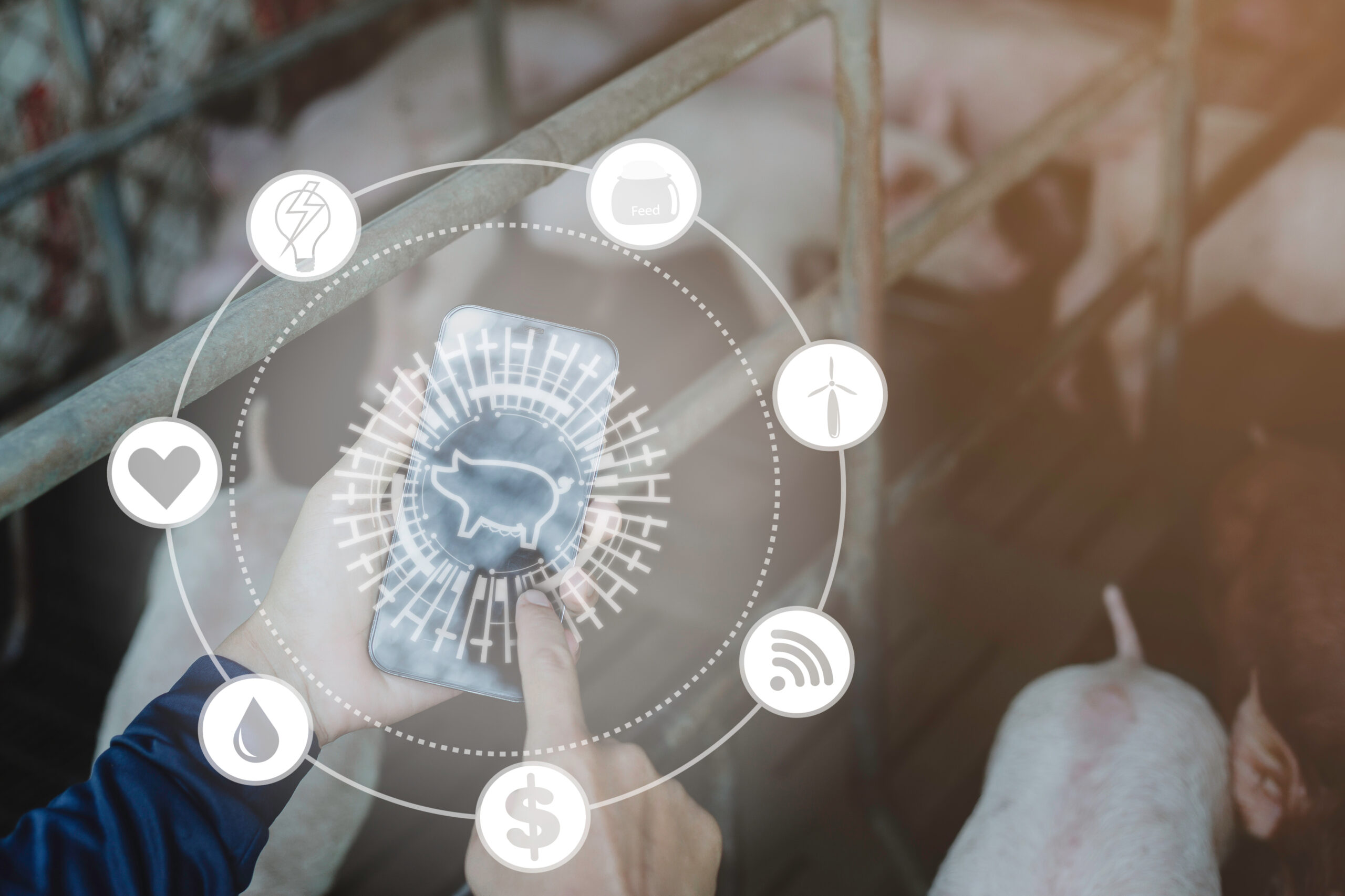3 April 2025

If you’re like the average person, you might associate Internet of Things (IoT) technology with more frivolous consumer products you might see in targeted advertising, like Alexa or Fitbits. But this is just the tip of the IoT iceberg.
If you’re like the average person, you might associate Internet of Things (IoT) technology with more frivolous consumer products you might see in targeted advertising, like Alexa or Fitbits. But this is just the tip of the IoT iceberg.
IoT has the potential to revolutionise the operations of almost every industry by making processes more user-friendly, time-efficient, and secure – likely the three biggest challenges that most modern businesses come across.
For businesses to keep up with the times in our fast-paced world, implementing IoT is becoming a necessary step, especially around security systems. Many organisations still manage their secure storage manually. But paper-based sign-in/sign-out sheets, or even their digital equivalent, open these organisations up to unnecessary security risks, time constraints and human error.
Security-focused IoT technology is now at an accessible price for most industries. They’re starting to understand that it’s common sense to invest in interconnected smart networks of IoT devices. These devices provide an integrated mesh of data capturing nodes that can manage storage security much more effectively than a human-based system ever could.
One compelling use case of IoT technology in secure storage that has presented itself recently, is the growing use and its numbered potential applications in evidence storage for law enforcement bodies.
Most police departments around the world still store their evidence in boxed storage in locked rooms. With legacy evidence rooms, the focus is migrating from just access control and security to monitoring and storage management. This provides for real-time monitoring on who has access to the evidence, including who removes what and when.
When evidence is removed for analysis or court use, the traditional sign-in/sign-out system is still commonplace. These manual systems open the door for human processing error including potential mishandling of evidence, poor record keeping and ultimately risk in managing the end-to-end chain of custody.
Perhaps the OJ Simpson trial is one of the most notorious cases of a court case mired by the limitations and problems surrounding legacy evidence storage. If that glove had been stored in a smart locker, the entire evidence handling process would have been traceable.
Technology like smart lockers could transform the way evidence is stored, managed, and secured – removing the risk of mistrials and wrongly upheld acquittals. And besides, if we could make a crucial part of our justice system better with technology, would it not make sense to explore this to the fullest extent?
For this reason, police departments are starting to understand the potential of smarter evidence storage systems. This presents a huge untapped market to companies within this space, when considering the essential presence in our lives that police are, and how that the need for police and their processes will continue to grow as global populations continue to rise.
TZ Limited is one such IoT market player who offers smart locker solutions in a number of sectors including universities and postal services. TZ is expanding the application of its smart IOT locking device technology market and is in discussions with a large, prestigious police departments in the US to extend its technology reach to smart evidence lockers.
TZ smart lockers have the potential to address security needs, access control and real-time monitoring to deliver a full circle capability in evidence management efficiently without human involvement. With IoT technology, the lockers automatically report all transactional and environmental data back to a centralised management system to delivering a full picture on what’s happening beyond the provision of basic security.
In the law enforcement sector, there is also the obvious potential for TZ to explore offerings into ammunition and weapons storage. TZ is already pursuing opportunities with other governmental agencies including defense and health – where there are growing levels of interest.
By expanding into new application areas, TZ is broadening its business potential and reliance on existing business segments and capitalising on the many areas of the economy that are interested in investing in IoT solutions.
Reach Markets have been engaged by TZL to assist with private investor management.


